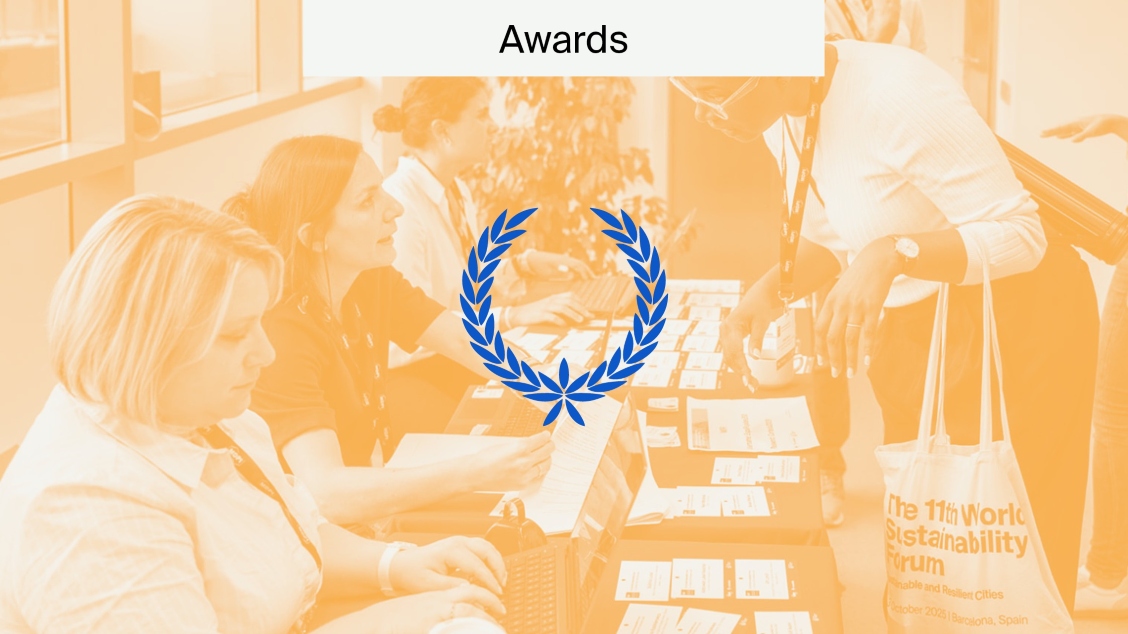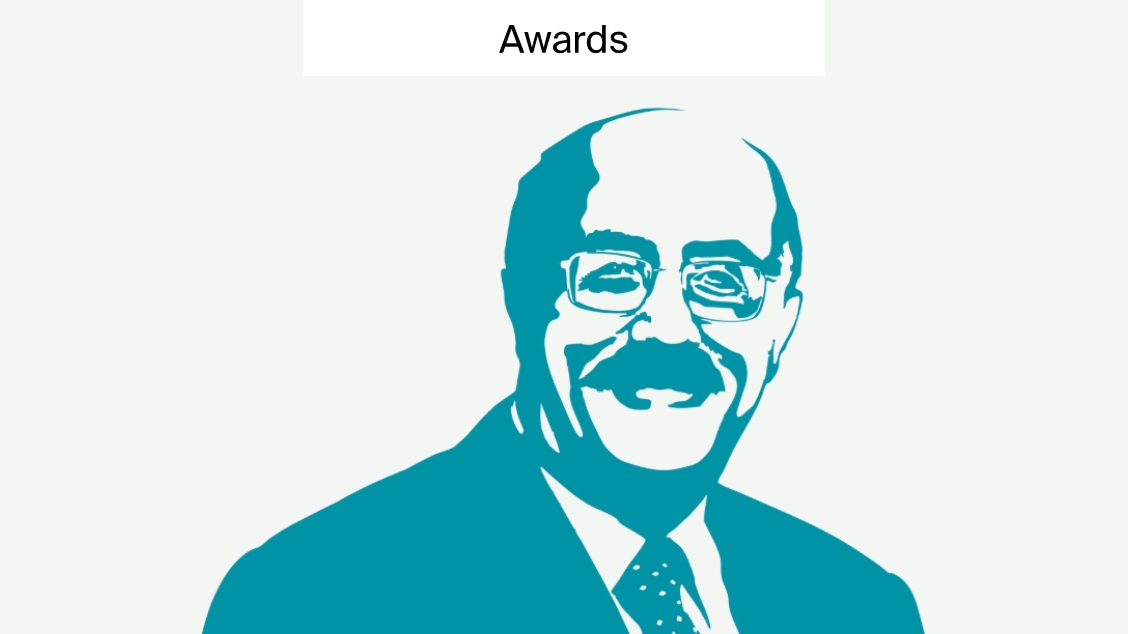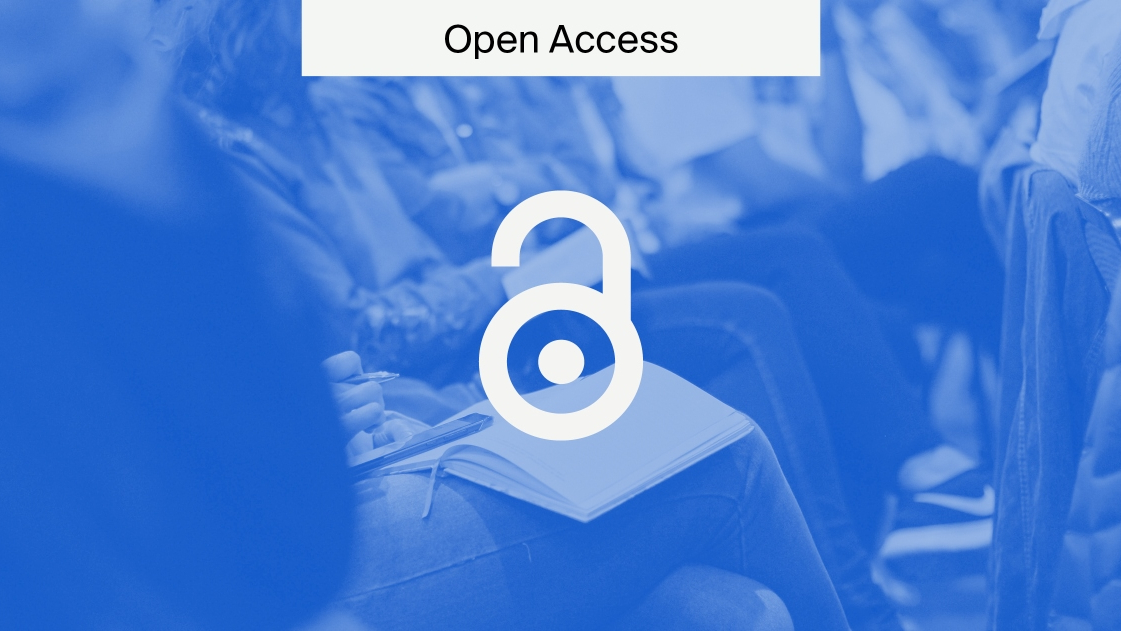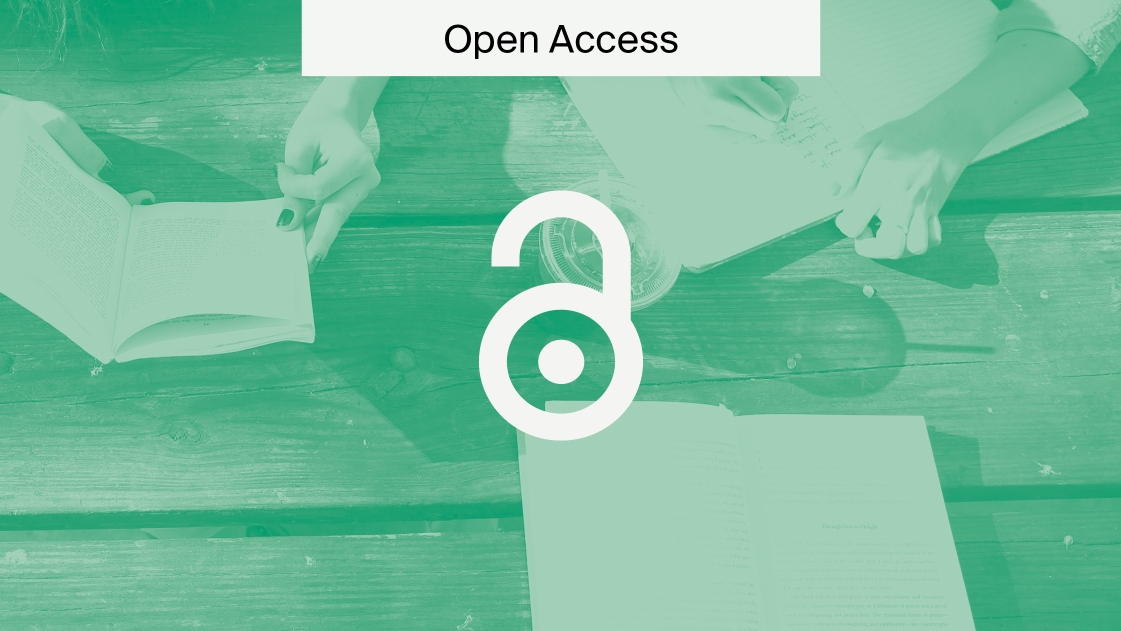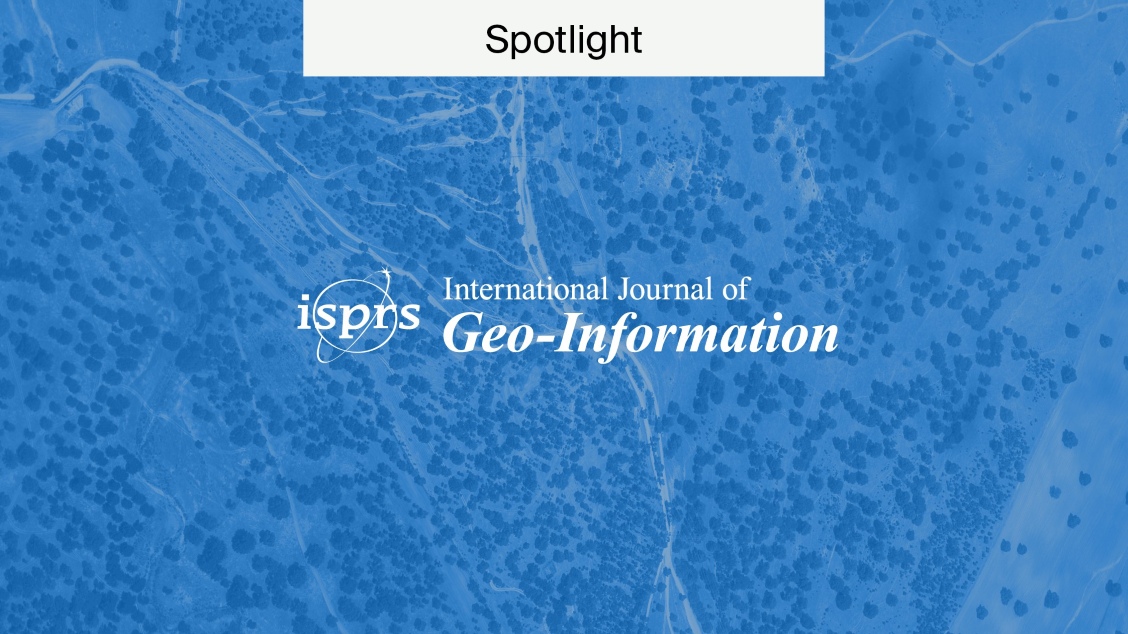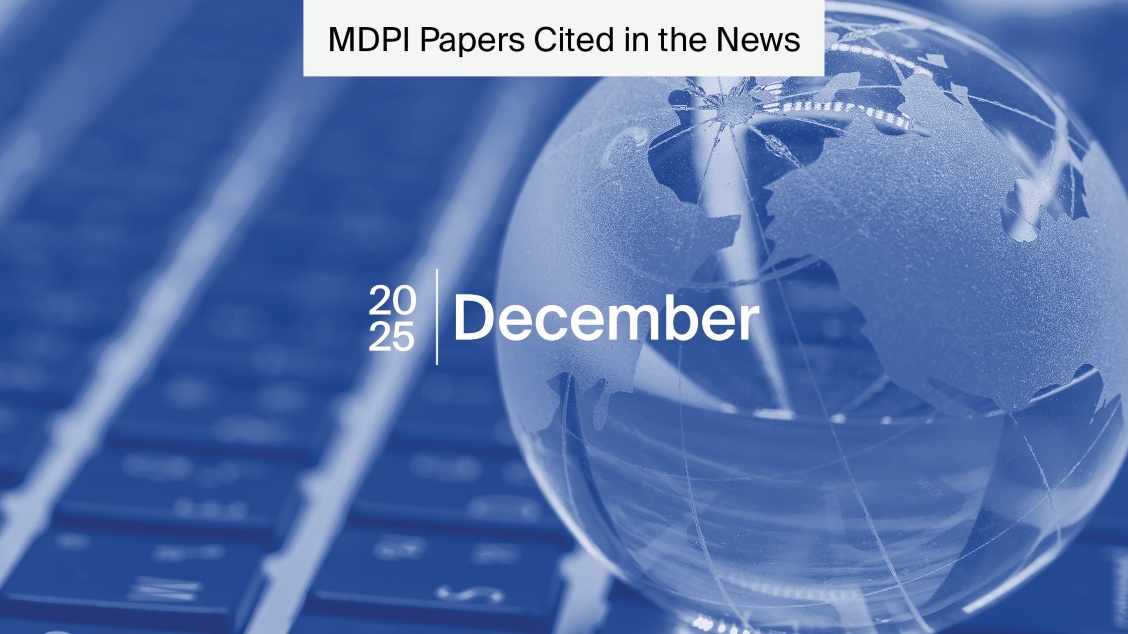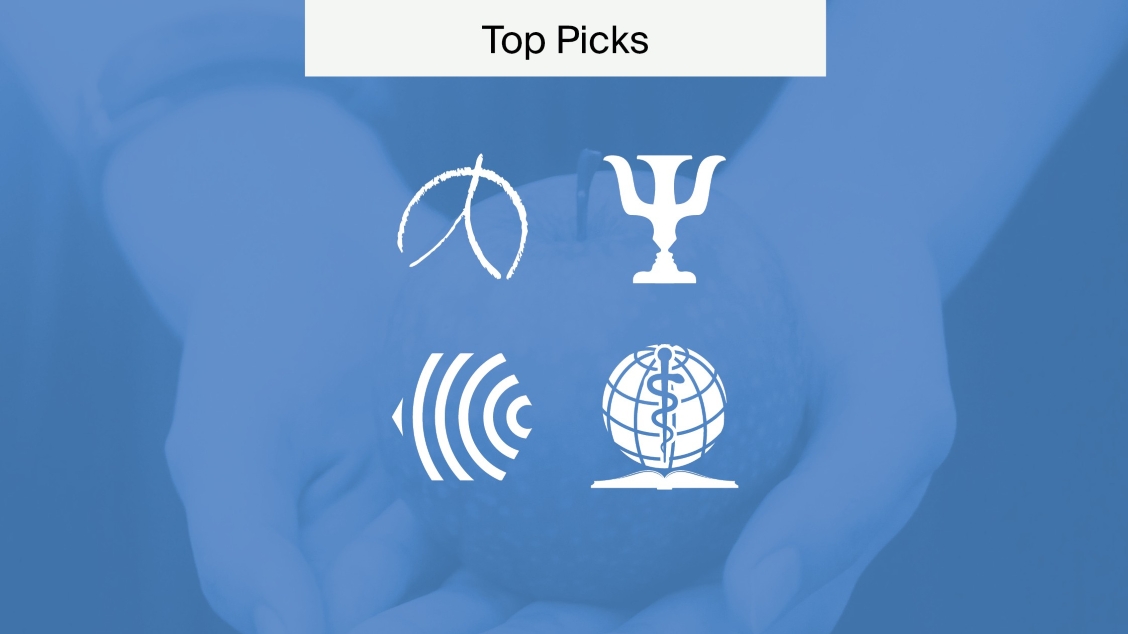
Navigating the role of an Editorial Board Member
The role of Editorial Board members and their responsibilities are diverse and can vary depending on the publisher or journal where they are appointed. The common aspect of this position is their duty to maintain the integrity and quality of academic publishing not only during the peer review process but also in addressing post-publication concerns.
This article explores the essential role of Editorial Board members and the challenges they encounter as the publishing landscape evolves. Our goal is to provide members with guidance and resources and inspire a collaborative approach towards safeguarding the scientific record.
What to consider when joining a board?
Serving as an Editorial Board member is both an honor and a responsibility. Therefore, understanding the requirements of the role and time commitment is crucial. According to the Committee on Publication Ethics (COPE), journals are required to clearly define all roles and the level of involvement and expectation for each member. These responsibilities are listed publicly on the journal or publisher’s website to ensure transparency.
Roles such as Editor-in-Chief (EiC) come with the highest level of commitment as they are responsible for overseeing the whole journal strategy and uphold the journal’s ethics guidelines and standards. EiCs set the journal’s aim and scope, help build the Editorial Board and provide constant guidance both to the journal staff as well as the board. This role requires a significant time commitment with weekly task assignments and long-term planning.
In contrast, roles such as Section Board members are more focused and specialized. The primary responsibility involves screening and taking decisions on individual articles within their area of expertise. They may also be asked to review articles and provide feedback regarding the section’s development strategies. The role requires a moderate but steady time commitment.
Given the time commitment, serving on the board of several journals or competing journals is not advised. Handling or reviewing manuscripts for more than one journal may become overwhelming, leading to delays and a possible decline in the quality of editorial oversight. Disclosing any prior commitments or roles held in competing journal boards will allow for greater transparency and better management for possible conflicts of interest or roles.
Ethical responsibilities of Editorial Board members
Editorial Board members work closely with the publisher to actively prevent and address issues of plagiarism, data fabrication, and unethical research practices. Before participating in the peer review process, it is important to ensure a thorough understanding of the journal’s editorial process and publication ethics.
When accepting an invitation to handle an assigned manuscript, the academic editor agrees that:
- They have carefully considered any potential conflicts of interest;
- They have the expertise required to assess the scientific quality of the manuscript;
- They maintain the anonymity of the peer review process;
- They will assess each manuscript submission objectively and with rigor;
- They will encourage and support responsible citation practices;
- They partake in the fair and transparent investigation of any allegations of misconduct.
At MDPI, we believe that ensuring the integrity and quality of publications is a collaborative process between the journal and the Editorial Board. To achieve this, our aim is to provide our Editorial Board members with the best possible information to make informed decisions.
We utilize an extensive range of automated tools and manual checks at multiple stages of the editorial process and, in cases where discrepancies are identified, the editorial office alert the academic editor and ask for their expert opinion.
This approach is continually developing. We are also piloting industry-wide tools that detect image manipulation or the use of artificial intelligence.
Editorial board members need to stay vigilant to potential ethical issues and carefully check concerns from both the reviewers and editorial office. They also need to ensure the reviewers are qualified and provide meaningful comments that have been comprehensively addressed by the authors before making an editorial decision.
Further information and resources on publication ethics can be found here.
Post-publication investigations
Publishers are responsible for correcting scientifically relevant errors or ethical issues raised by the public or resulting from internal audits. To fulfil this responsibility, publishers rely on the expertise of Editorial Board members to help evaluate and decide the correct action needed in cases where post-publication issues arise.
The most common ethical cases include plagiarism; manipulation of images, data, citation or even the peer review process; and authorship disputes or copyright infringement.
MDPI’s approach to ethics cases
As soon as a complaint is received, the journal will first investigate and collect all necessary information. This can include contacting the authors for comments. The journal together with the ethics teams will review the complied documents to ensure all necessary information is present and accurate. The case is then presented to the Editor-in-Chief or Editorial Board member for evaluation and a decision.
The possible outcome could include:
- No updates and case closed in instances where the authors provide reasonable explanation, supporting material, raw data, or official institutional reports.
- Correction to the scientific record.
- Retraction of an article based on COPE policy.
- Expression of concern for complex, inconclusive, or prolonged situations.
- Journal notice to denote an ongoing investigation.
Regardless of the outcome, MDPI and Editorial Board members take on an educational approach when misconduct is identified, especially in the first instance. The overall goal of post-publication corrections is to ensure that any scientific content that is published is correct and reliable, not to punish anybody.
Join an Editorial Board
If you would like to serve as an Editorial Board member for a journal within your field of expertise, please first consult our Editorial Board Responsibilities and select the most suitable role based on your time availability and level of experience.
Applications can be sent to the editorial office of your journal of interest and will be evaluated by the Editor-in-Chief.


